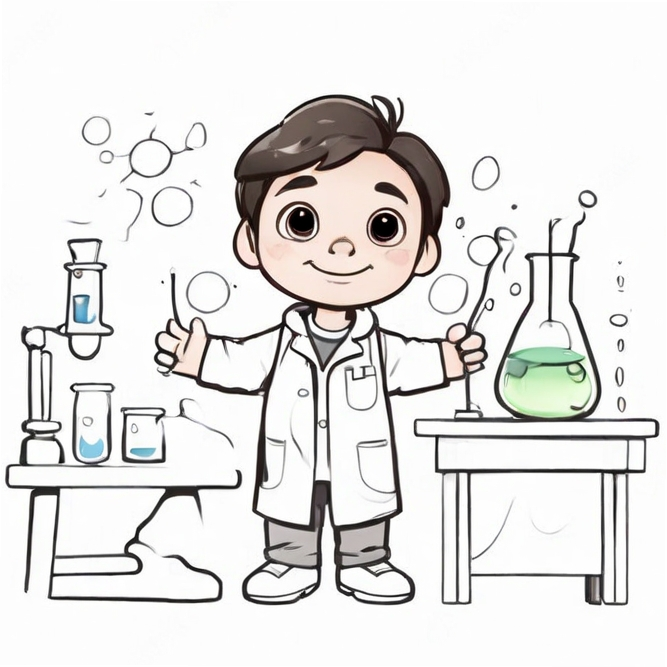Empowering Future Innovators: The Role of Education and Technology
Written on
Chapter 1: Recognizing the Problem
When I first learned about schoolchildren staging strikes, I sensed a significant issue at hand. As an engineer, I spent years studying to attain my qualifications, culminating in a doctoral degree that enabled me to forecast the movement of atmospheric pollutants worldwide. This intensive research spanned four years filled with late nights and early mornings. Upon completing my studies, I believed I had made a modest contribution to environmental science, applying my engineering and scientific knowledge for the greater good. I then pursued a couple of years of postdoctoral research, which was undoubtedly the most enjoyable time I had at university.
While one could point fingers at political motives, economic pressures, or profit-driven systems that lead to environmental degradation, the root cause lies within technology itself. The pollution of our air, land, and oceans is fundamentally a technical challenge that requires technical solutions. Unless one is entrenched in a deeply pessimistic mindset, we need energy to power our lives, warmth in our homes, and food on our tables.
Having children sharpens one's focus, and despite our current high-output yet environmentally harmful ways of living, many still lack access to these basic necessities. If we aren't willing to accept a life of cold, hunger, and isolation, then the key issue is technology, and the answer lies in improving it. Solutions likely reside in scientific and engineering advancements, demanding human creativity and resourcefulness. Other supportive actions for scientists and engineers are equally vital, as they help mobilize the funding and resources necessary to create and implement these innovations.
However, the ultimate aim is to discover new technologies; after all, no one wants to endure life in the dark and cold.

Chapter 2: The Dangers of Self-Sacrifice
Upon learning that students were choosing to forsake their education to address environmental issues, it seemed evident that a deeper concern was at play. Many children around the globe lack educational opportunities and would eagerly embrace the chance to gain knowledge that could contribute to problem-solving.
Choosing to forgo education is not a form of protest, nor does it inconvenience others to meet demands; rather, it's an act of self-harm. Encouraging anxious and frustrated youth to engage in self-destructive behaviors until their needs are met is hardly a positive lesson. What does it say when we teach them that despair leads to action?
Those who feel powerless to drive change towards more sustainable practices only deepen their sense of helplessness by sacrificing their education. Ultimately, they may find themselves on the sidelines, demanding that someone else, perhaps an engineer or a scientist, resolves the crisis. The notion that individuals passionate about environmental protection would willingly give up their education appears counterproductive. There are countless alternatives available to motivated young people, and a solid education can support all of these paths.
Well-educated, informed, and inspired youth—those who understand their potential to create change—will generate a plethora of innovative ideas, far surpassing anything achieved through anger and frustration. Missing a class is the last thing we want for our future leaders.

Innovative Approaches to Environmental Challenges
Could the industrial age of coal and steam provide solutions for today’s environmental crises?
The first video explores how activist engineering aims to enhance global air quality through citizen science and the use of Grafana Cloud.
The second video follows Liz Fong-Jones on her transformation from Google engineer to activist and author, shedding light on her journey.